Life
Sign up for our newsletter
We summarize the week's scientific breakthroughs every Thursday.
-
 Health & Medicine
Health & MedicineMotherhood might actually improve memory
Having a baby changes all sorts of things, including a mother’s brain.
-
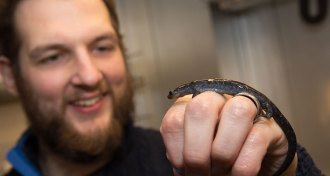 Animals
AnimalsFor some salamanders, finding a mate is a marathon
Small-mouthed salamanders will travel close to nine kilometers on average to mate, a new study finds.
-
 Earth
Earth‘Waterworld’ Earth preceded late rise of continents, scientist proposes
Cooling mantle temperatures may have lifted Earth’s continents above sea level, helping spur the Cambrian explosion.
-
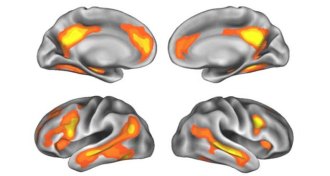 Neuroscience
NeurosciencePregnancy linked to long-term changes in mom’s brain
Pregnancy can sculpt a mother’s brain in a way that may help her tune in to her baby.
-
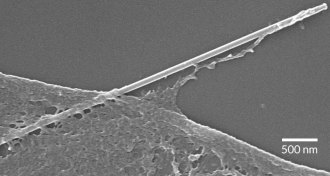 Tech
TechCells snack on nanowires
Human cells eat silicon nanowires in a process called phagocytosis. Nanowire-infused cells could be a step towards biological electronic devices.
By Meghan Rosen -
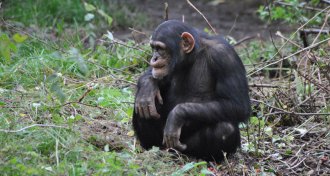 Animals
AnimalsChimps look at behinds the way we look at faces
Humans demonstrate something called the inversion effect when gazing at faces. Chimpanzees do this too — when looking at other chimps’ butts.
-
 Genetics
Genetics50 years ago, alcohol use was linked to several gene variants
50 years later, scientists are still searching for genes that influence drinking.
-
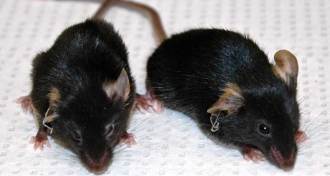 Genetics
GeneticsProteins that reprogram cells can turn back mice’s aging clock
Proteins that reprogram adult cells to an embryonic-like state can rejuvenate prematurely aging mice.
-
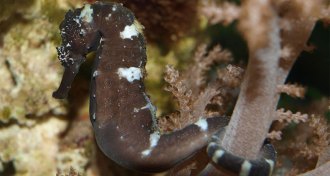 Animals
AnimalsGenome clues help explain the strange life of seahorses
Researchers have decoded the genetic instruction manual of a seahorse (Hippocampus comes) and found clues to its nearly 104-million-year evolutionary history.
-
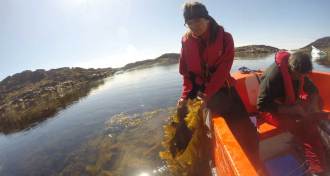 Climate
ClimateArctic kelp forests may create summer refuges from ocean acidification
Long summer daylight revs up carbon capture in Arctic kelp forests, offering a little relief from acidifying ocean water.
By Susan Milius -
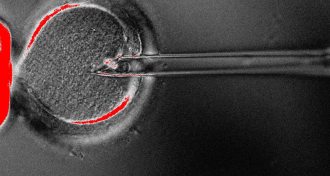 Genetics
GeneticsYear in review: ‘Three-parent baby’ technique raises hope and concern
Safety and ethical concerns surround controversial mitochondrial replacement therapy.
-
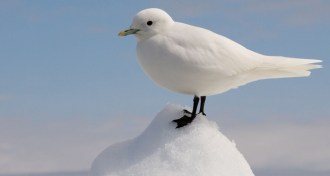 Climate
ClimateYear in review: Sea ice loss will shake up ecosystems
Researchers are studying the complex biological consequences of polar melting and opening Arctic passageways.
By Susan Milius